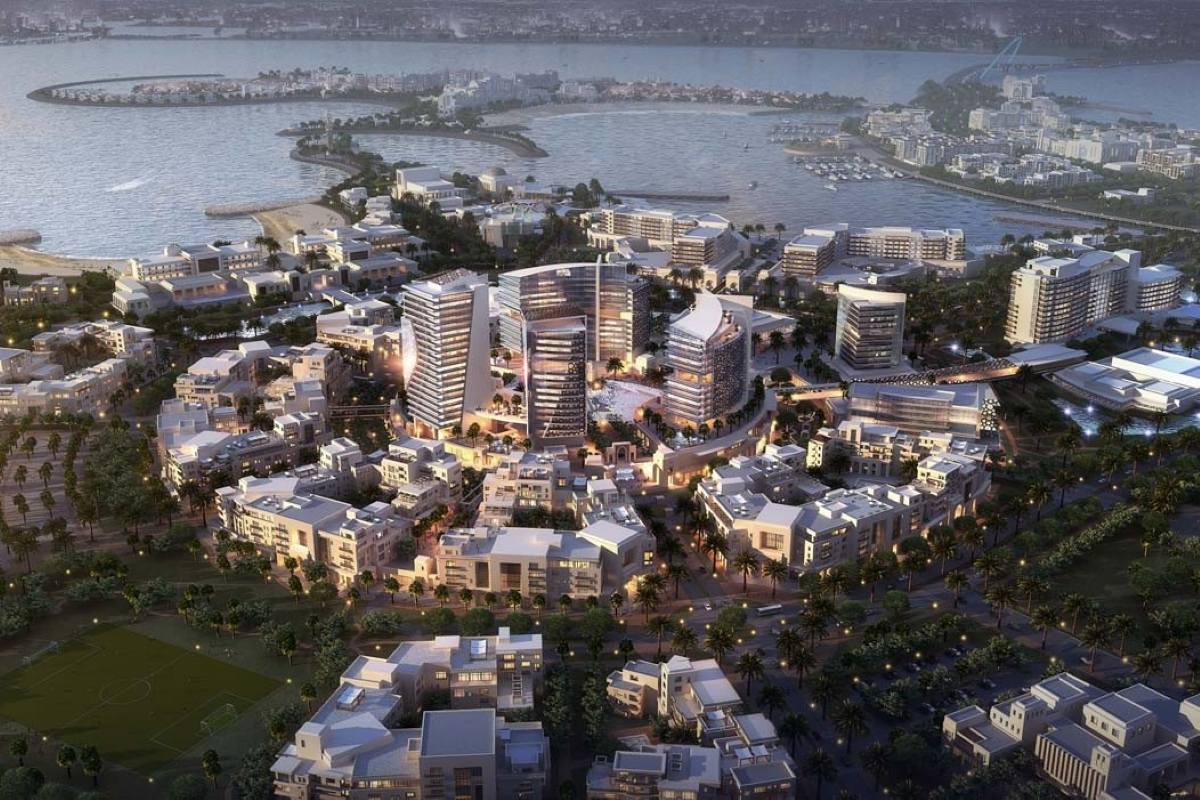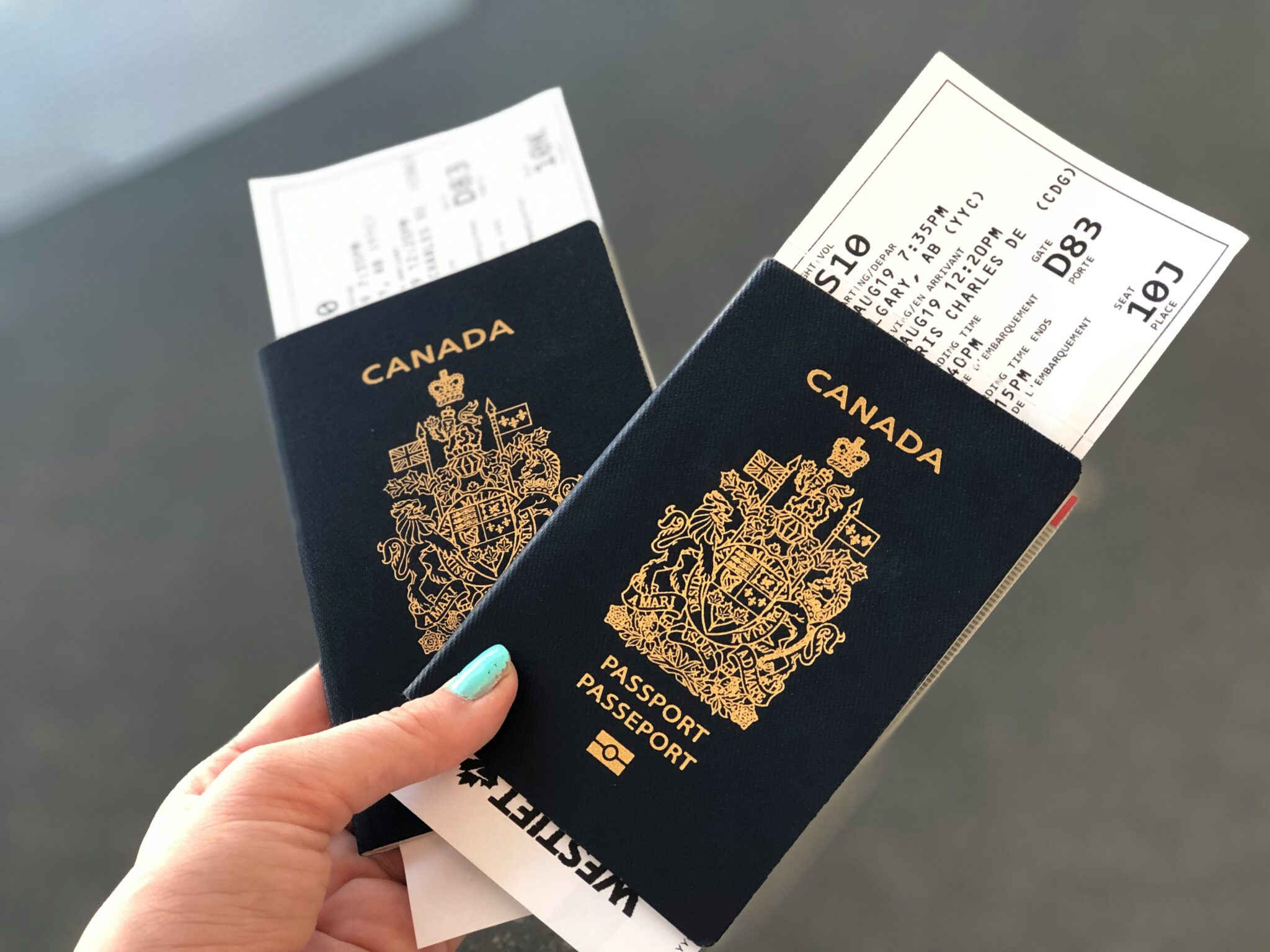Hotels in India Rush to Capture 'Premium' Demand

Skift Take
In the past two weeks alone, half a dozen hotel companies, including Tata Group-owned Indian Hotels Company and InterContinental Hotels Group, have announced new development plans and a flurry of brand launches to capitalize on the soaring demand for premium hotel accommodations.
“The rise of premium hotels in India reflects the economic progress of the nation and the evolving aspirations of the Indian traveler," said Jay Bhatia, vice president of the Travel Agents Association of India. "Hotels, too, are innovating to cater to their desires, creating unique and upscale experiences that go beyond accommodation.”
Credit ratings agency ICRA noted that green shoots are emerging for the hotel sector with premium hotel occupancy levels expected to reach a decade-high of 70-72%. Average room rates are expected around $74-$76 in the financial year 2024.
Approximately 15,000-16,000 rooms are expected to be added to the pan-India premium inventory of about 95,000 rooms across 12 key cities, ICRA said.
Global events, including the Indian Premier League, G20 Summit, Cricket World Cup and demand from corporate and leisure travel will help occupancies reach new highs.
"Post-Covid the draw of hygiene, safety and security are taking discerning holidaymakers to a premium hotel. On the demand side, bookings for upcoming travel in one of the most expensive tier of hotels are trending upward," said Rajiv Mehra, president of the Indian Association of Tour Operators.
Budget hotel operator and aggregator Oyo also jumped on the premium bandwagon with the launch of its new brand, Palette.
“Over the years, there has been a noticeable shift in the preferences of modern travelers, particularly urban millennials. They now crave authentic and immersive experiences during their stays. We believe that now is the perfect opportunity to venture into this market and offer something unique to our guests,” said Anuj Tejpal, chief merchant officer of Oyo Hotels and Homes on the launch of Palette.
The company plans to have a total of 50 Palette properties by the second quarter of 2024. Oyo also aims to add 1,800 new properties under its premium brands such as Townhouse Oak, Oyo Townhouse, Collection O and Capital O this year.
Last year, online travel company MakeMyTrip launched its Luxe Selection, a thematic collection of nearly 300 super-premium and luxury properties for its accommodations business. The company noted strong recovery in premium and mid-premium segments as compared to its budget hotels.
“With several weddings and corporate events being held at premium hotels, consumers taste the luxury of such accommodations and facilities. And they wouldn’t have it any other way when it comes to their personal trips,” added Ravi Gosain, vice president of the Indian Association of Tour Operators.
But what exactly puts the premium hotels at a sweet spot?
EM Najeeb, president of the Confederation of Kerala Tourism Industry attributes that to three driving forces — people missed trips, social media is luring many to new places, and the advent of remote work is allowing professionals to stretch out vacations by working a few days from the beach or the mountains.




